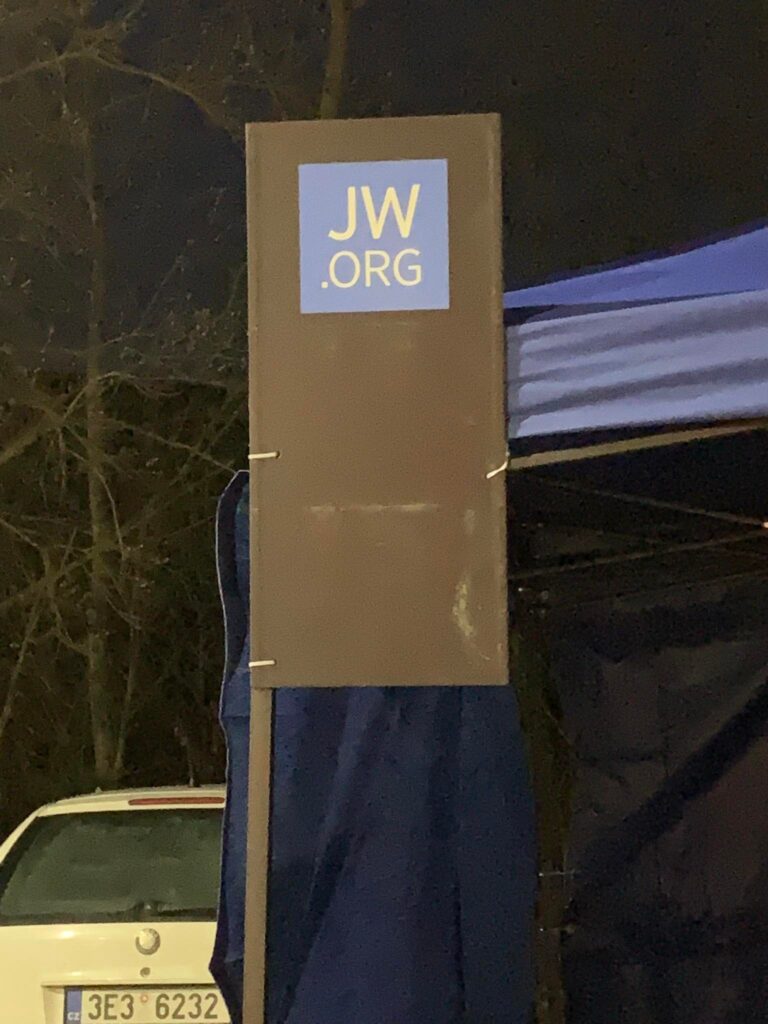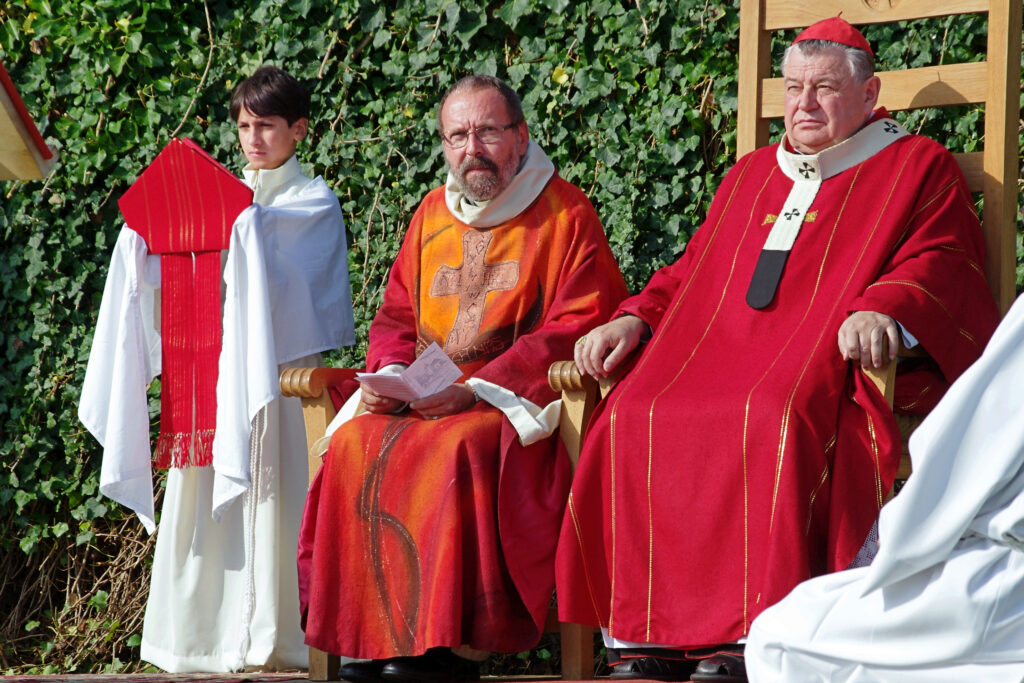Czech and long-time pro-Russian President Miloš Zeman has performed an unexpected and somewhat desperate somersault of opinion, calling his friend Putin a lunatic, hoisting the Ukrainian flag at Prague Castle, and planning to award Ukrainian President Zelensky the Czech Republic’s highest state honour, the Order of the White Lion.
A number of leading Czech officials, including the presidents of both chambers of Parliament, the president of the Constitutional Court, and at least three university rectors, have announced that they will not attend the event of the awarding of state honours because of Zeman’s past warm relations with Vladimir Putin’s Russia and his frequent attempts to discredit Czech intelligence services warning of Russia’s hostile actions in the country.
Has our “favourite” Cardinal Dominik Duka woken up together with the President?
Let us recall how, at the end of 2018, he responded to the question of whether or not he supported the arrival of fifty orphans – refugees from Syria – to the Czech Republic:
“The Archbishop of Olomouc and the Charity of the Czech Republic are dealing with these matters. (…) I am unable to intervene in this debate on the merits.”
“Yes, generally speaking, we all know that it is necessary to help those in need, but on the other hand, we also know that this is to some extent a political struggle these days. For that reason, I cannot answer.”
Read More






